“Why can’t we all just get along?” Respectfully, no.
The last question asked during the vice-presidential debate was expressed in an essay written by a junior high student, and made its way to the debate stage through a contest. As articulated by the moderator, Susan Page, it questioned why everyone, politicians and citizens alike, is arguing. It asked why our country is “divided” and why “citizens fight each other?” It asked why are there “trends of argument and anger?” Respectfully, no.
Last week I stumbled upon a photo of a man holding a Biden flag and another man holding a Trump flag shaking hands in a viral “be kind” tweet. Many praised the photo for its display of unity. They were draped in garb for their preferred candidates, yet managed to exhibit affection. Many saw the photo as the desired ability for citizens to “look past politics” and remain acquainted. Respectfully, no.
In answering the essay question, Vice President Pence responded, “The American people, each and every day, love a good debate and a good argument. But we always come together, and we’re always there for one another in times of need. And we’ve especially learned that through the difficulties of this year.”
The “difficulties” of this year are hundreds of thousands of deaths due to COVID-19, and thus, the illuminated exposure of inequitable healthcare regulations. The “difficulties” of this year are the heightened brutality of the police fatally waged onto Black Americans. To view these so-called “difficulties” as a topic for a “good debate” and a “good argument” reeks of the privilege to remain unaffected. As someone whose politics principally revolve around the liberation of minorities and Indigenous Americans, undoing of systemic patriarchal white supremacy and the decriminalization of the poor, I have no desire to “come together” with someone who thinks my freedoms, and those of anyone else, are simply an opportunity to show off polished debate chops, impudent remarks and cheeky jabs.
I’m not a hot discussion topic.
The whiteness of the two men shaking hands in the viral photo (one of whom was of course maskless) is a central factor in their ability to “look past politics.” Additionally, this ability is a central factor in how we go about forming our friendships and relationships. As put by serial slave owner Thomas Jefferson, “I never considered a difference of opinion in politics, in religion, in philosophy, as cause for withdrawing from a friend.”
What a nice thought. However, that doctrine didn’t fly during an era when a “difference in politics and philosophy” meant a different view on chattel slavery, and it doesn’t fly in an era where we are still grappling with the repercussions of the institution and the aftermath of the racist apparatuses immediately put in place post-abolition and during Jim Crow.
The ability to “look past politics” and remain friends with someone you fundamentally disagree with on policies, for example, regarding equitability, does not make you “noble” or a “good citizen.” It exposes that their beliefs do not necessarily harm you directly. While I’m not advocating to cut off one’s friends because they disagree with you politically, we must question our definition of politics. To me, there is not a single political issue plaguing the United States today that wouldn’t drastically change if the constructs of race, class, religion and gender were not factors used to inform said issue.
For that reason, my definition of politics does not include the notion that Black lives indisputably matter. It does not include the notion that bodily autonomy is a right. It doesn’t include points of debate that wouldn’t even be up for debate if white supremacy did not exist. To complain that our nation is “divided” acts as though we haven’t been at an ideological civil war since the Confederacy was allowed to survive the Civil War, and that modernly, “far-left” and “far-right” doesn’t immediately call to mind hate groups.
To a less extreme extent, many argue that having friendships with those on opposing sides of the political spectrum allows one to refine their ideals as well as engage in critical self-reflection. Furthermore, a guilt complex halts means for rationalization and analytical conversations on tangible goals. Put better in the words of Theodor Adorno, “The only way to leave such personal short-sightedness behind is through an education towards autonomy, reflection and self-determination; an education that enables individuals to become resilient towards authoritarian tendencies.”
Friendships are a useful means of education, however, to allow politics to be the “quiet” part of one’s relationships with others, dissuades from reflection and encourages the continuation of short-sightedness.
Politics are morals in action. The collective obsession with entertainment that informed how we watched the debates, the celebritization of political candidates and deluded political allegiance that pretends politics are the same as sports, often leaves us at a cognitive dissonance to the tie between political opinions and morality. However, as studies have shown actions are manifestations of political beliefs. These political beliefs then inform one’s humanity. As said by Aristotle, “the presence of friends, then, seems desirable in all circumstances.” What does it mean when friendships are only circumstantial?
I value friendships with people who disagree with me on the ways in which we reach a society of complete equitability. However, a difference in opinion on the meaning of absolute equitability and if we should reach or have the means to reach that society, translates to comfort in living in an inequitable society, where usually someone is systematically placed below you.
Questioning why we all can’t get along and “bridge the divide,” in hopes that we hold hands and sing kumbaya while the U.S. COVID death toll increases and the police continue to beat protestors senseless is tactless. Rather, time would be better spent questioning how we can allow our politics to inform our friendships, instead of remaining a topic to steer clear of.
A world in which we look past problematic politics to maintain friendships should not be the goal. Instead, our goal should be a world where politics and questions of liberation are not at odds. Allowing politics to play a rightful role in determining who we call a friend is one step in getting there.


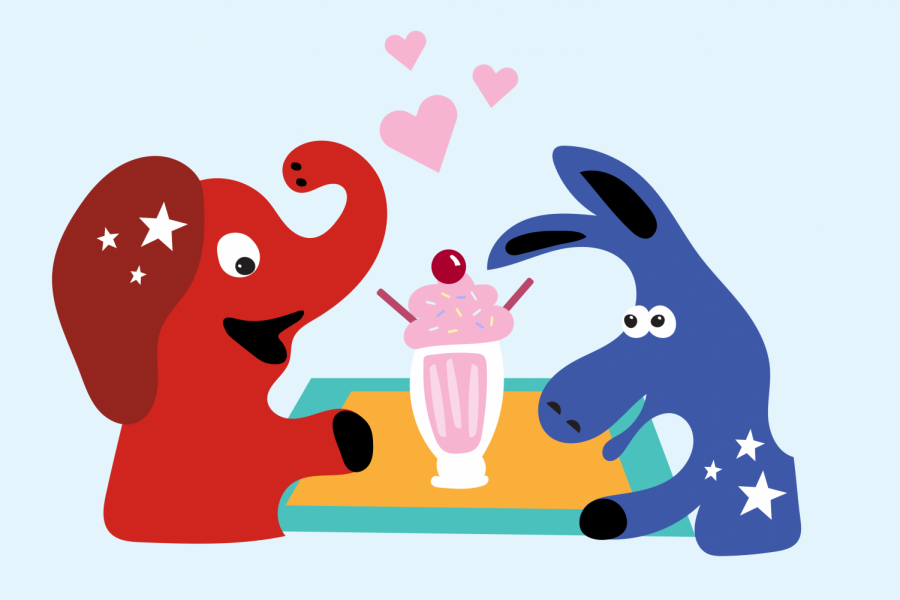
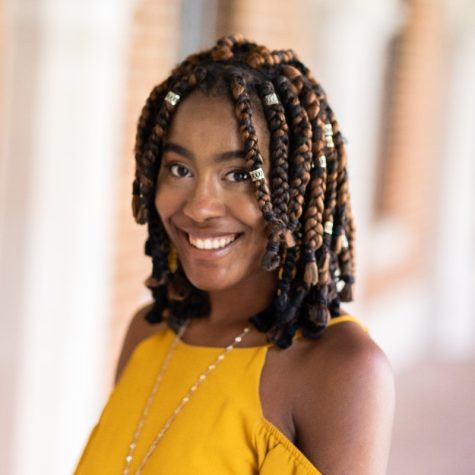
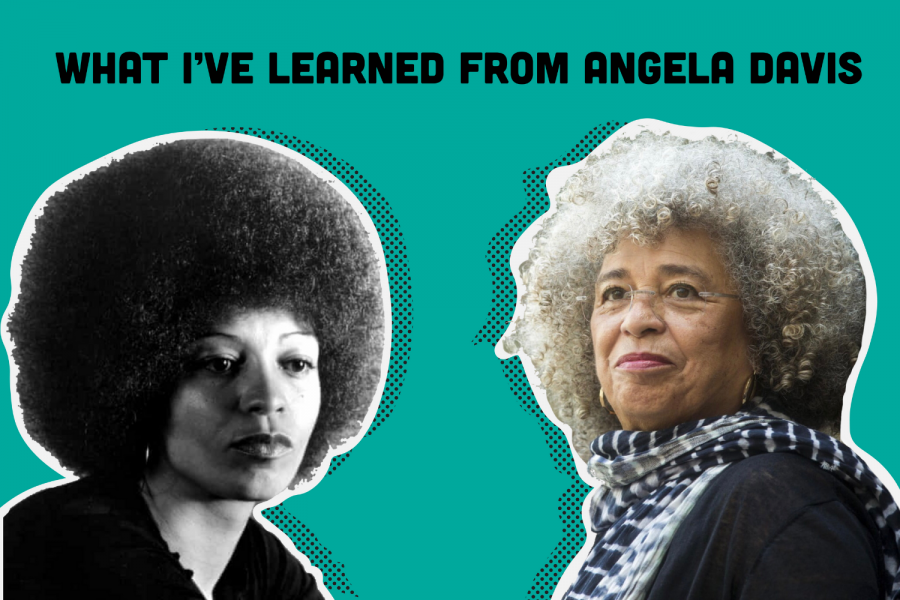

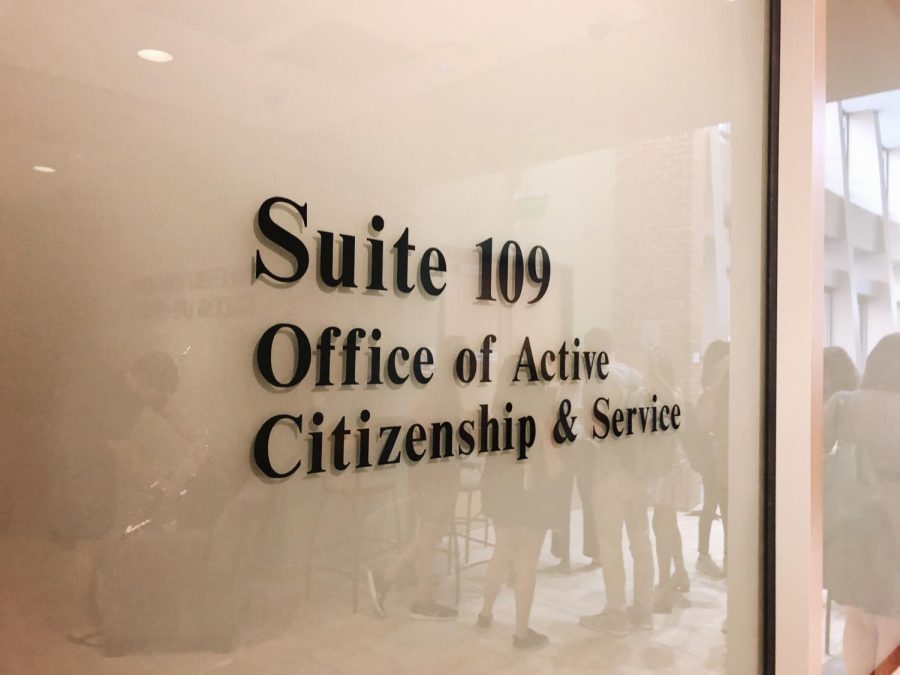
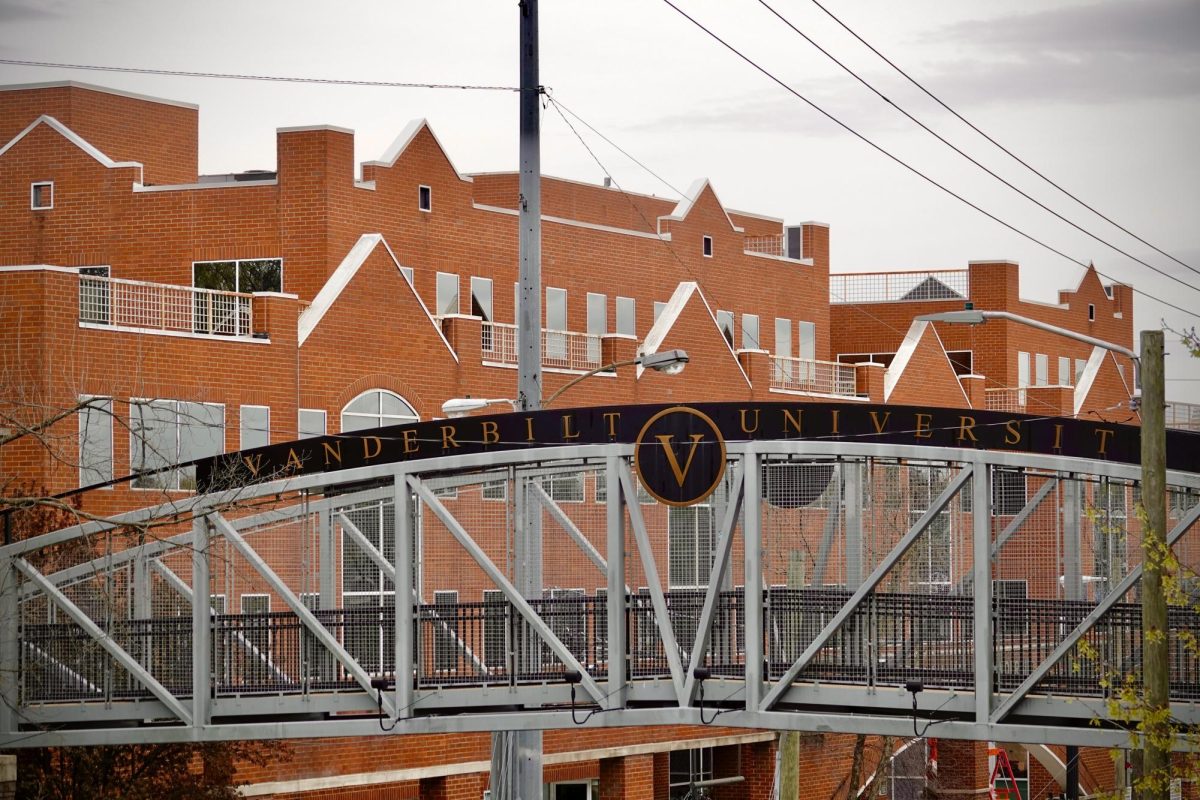
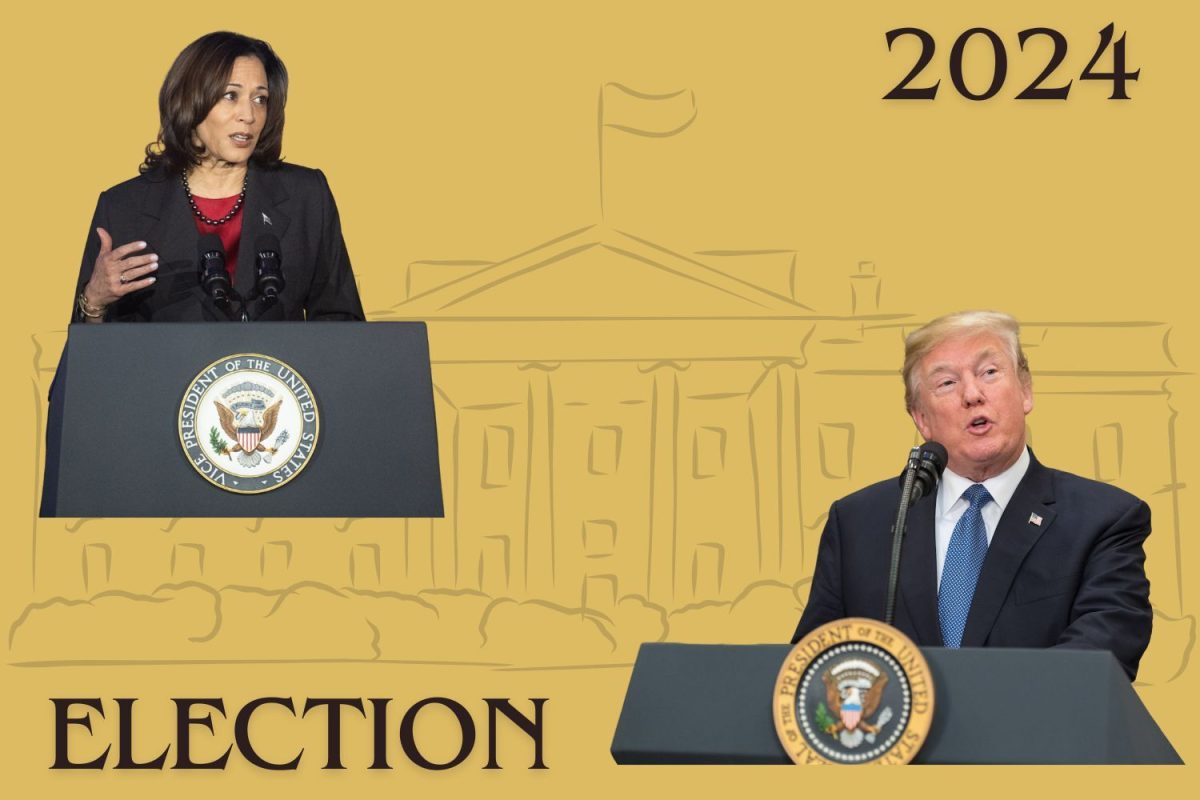
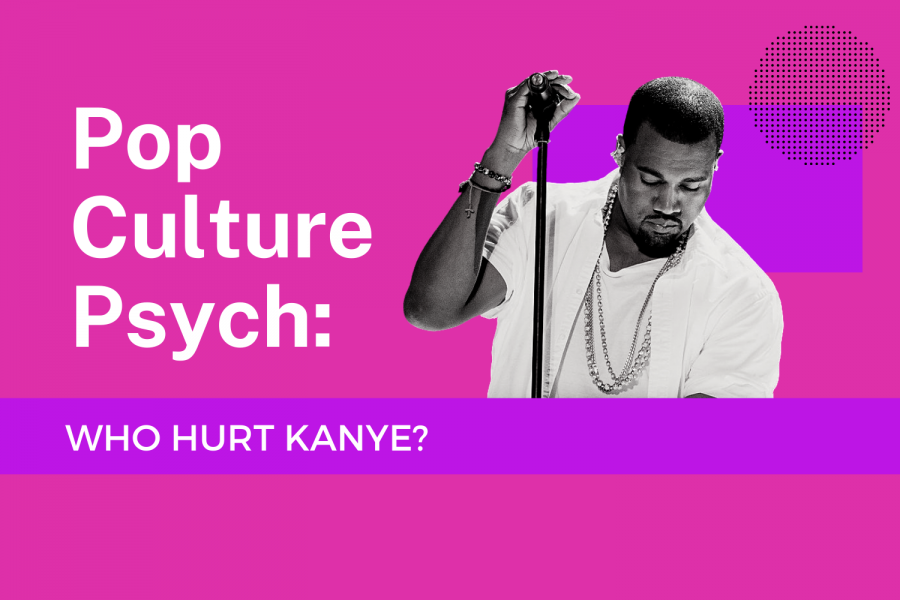
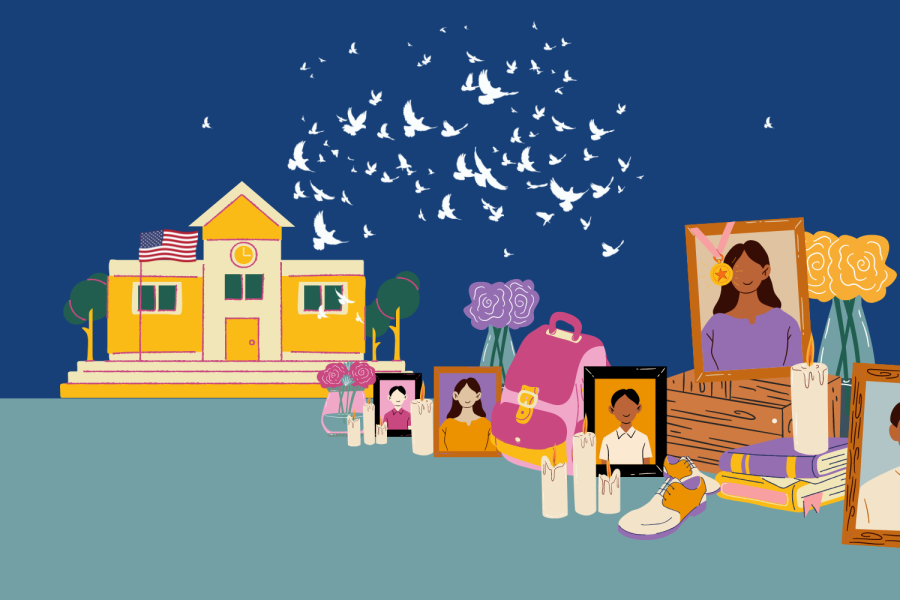
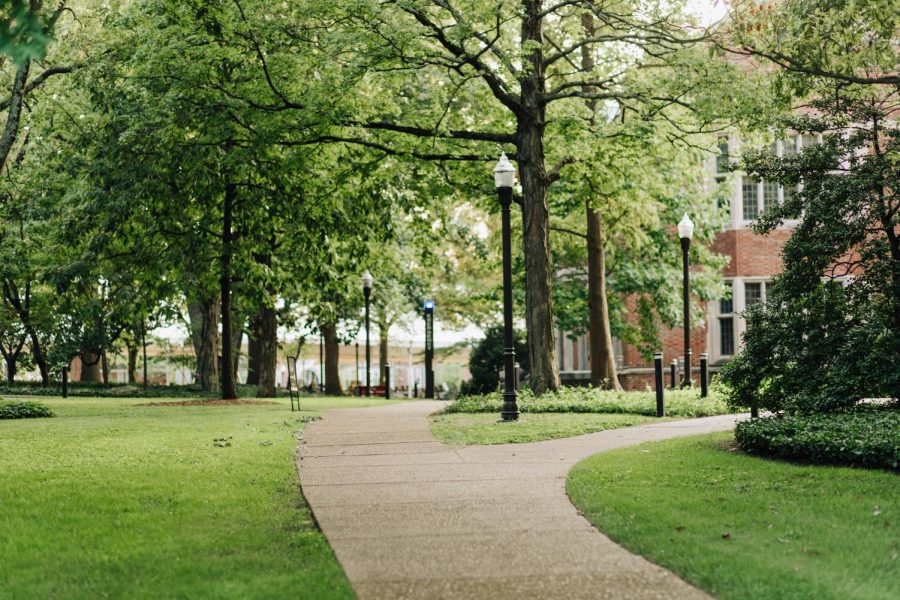
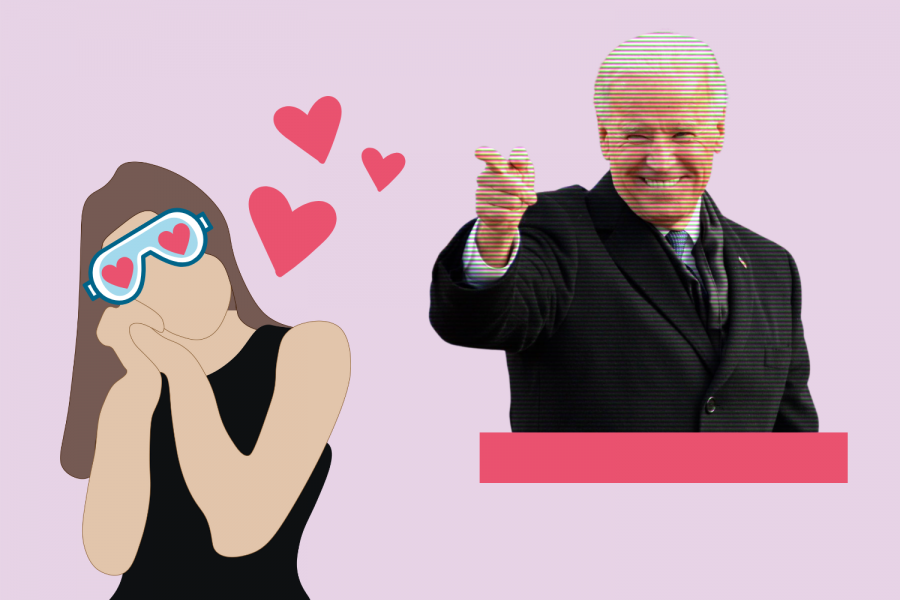
Anonymous • May 2, 2021 at 4:10 am CDT
Wow!! Your ramblings to promote intolerance to political discourse representing opposing viewpoints to your own and achieving total equity in society could be a page out of a Karl Marx “Manifesto”!
Be careful for what you ask as many of the potential friends you openly eschew, solely because they don’t subscribe to your own political beliefs, further validates the growing belief amongst the masses in the increasing intolerance of “extreme left” groups. I could not agree with you more when you identify the “far left” as “hate groups”. One needs no more proof than to read your editorial.
Nevertheless you are privileged to live in a country that heretofore has not censored free speech and whose citizens by in large embrace tenets of philanthropy steeped in Christian accountability, whereby its citizens step up to support each other by choice dictated by humanitarian concerns not government mandated wealth redistribution under the misguided notion of socioeconomic equity for all. While perhaps achievable in a Utopian society, these socioeconomic/political governing styles that promise “equity” have historically proven unsuccessful in REALITY!! Nevertheless, you have every right to express your opinion – just as your opponents have every right to challenge those opinions, which by the way does not make them racist. It makes them Capitalists.
Also If I might make one suggestion, perhaps you should spend a year or two in North Korea and report back to The Hustler on your joyous life there replete with a citizenry who will most certainly agree with your political/socioeconomic viewpoints- not because they chose to do so but because they risk their life if they do not. Oh wait!! You might just enter and never be allowed out of the country?? Hmmm!! But unlike you, I would not wish such misfortune on my fellow American.
Anna Qian • Jan 4, 2021 at 3:24 am CST
First, I don’t want to deny your humanity, and I am sorry if I come across as someone who seems to deny your humanity. Honestly, call me politically incorrect for voicing my opinions. I don’t really care anymore. I am tired, absolutely tired, of this cultural marxist intellectual Great Trap of Tremendous Bamboozlement. Look, if you believe that class is the root of all ills, you have all sorts of marxist, communist, and class-based neo-marxist theories to reason and think about things on hand. If you think that gender is the root of most ills or all ills, welcome to feminist theories and feminist critiques. If you believe that things are statistically contingent, welcome to economics and sociology. Then there is ethnography. And then there are all sorts of communications theories. And within the Marxist theory community, people quibble over the specifics of this detail from that text or this phrase in that sentence. Among the feminist theorists, they disagree on how much emphasis should be placed on sensual pleasure, political rights, whether trans women should have a positive or negative relationship with classical feminism, and the like. And as far as statistics goes, it is literally RIGGED! STATISTICS IS RIGGED SO THAT YOU BAMBOOZLE YOURSELF WITH EVERY PROJECT THAT YOU DO. And of course, anything that was pre-1450s is pretty much completely down the memory hole. And of course, the Classics of the Classical Education tradition no longer make it as required courses for students at most T20 universities, and our AXLE requirements definitely require none of the Classics of Classical Education as a condition for graduation. In lots of history classes, there is a big emphasis on those dialectical processes and big picture sociological understandings. A rich discipline of epic battles, heroic ventures, big decisions, triumph in the face of suffering, and the cultivation of states and nations and peoples and heritage becomes deadened with theory, sociology, and marxist inquiry.
Setting this context, I move to my main argument. It seeks to examine two statements 1) that black lives indisputably matter and 2) that bodily autonomy is a right. First, both of these statements carry many layers of politically laden meaning. The very word “matters” obscures more than it reveals. From the media representation perspective, we definitely do hear a lot and read a lot about the struggles and experiences of black people from journalists, celebrities, and activists. From the educational perspective, depending the the intellectual acuity and critical reasoning skills of students in elementary, middle, and high school, we have been asked to grapple with slavery and legal segregation since kindergarden. Our generation’s much firmer grasp of black history suggests that the history of the black struggle matters a lot in the American story. From the cultural perspective, young and old alike respect black athletes, black singers, black actors, black pundits on NPR like Ta Nehisi Coates, and so on. From the social perspective, public discourse on the nature of “blackness” and “whiteness” permeates our daily conversations. Very clearly, the life of the black soul and the black spirit and the black struggle matters a lot. So, are our lives defined more by what’s in our souls, more by what’s in our spirits, more by our zeal for inspiration and romanticism and awe, or is it defined more by our material poverty, our surroundings, our economic wealth, and the big numbers of this outcome and that outcome? Are our lives defined more by the spiritual richness or the poverty of tangibles? Or are they defined more by the poverty of spirit (however you want to define it) or the richness of tangibles? I think these questions are what really lie at the heart of understanding what is truly behind it when we say black lives matter. And these questions would also allow us to collectively, from all races and creeds and ethnicities, examine the extent to which political prescriptions, policies of the past, and political activism advanced or unintentionally hindered the cause of black liberation and liberation movements inspired by the black struggle. 2) That bodily autonomy is a right. Hmm, I wonder if the Democrat governors and Democrat lawmakers and police arresting people for dining out in bars and in restaurants also believe in this statement. I also wonder if people of other races and ethnicities should feel too that bodily autonomy is not yet a complete right. Especially because people of all races and ethnicities can research and find somebody from their representative groups who have suffered bodily injury from a government. I also wonder the extent to which troublesome kids in schools have the rights over their bodies there, the extent to which people who deliberately hurt themselves in all sorts of ways are legally allowed to do so whether through drugs or self-harm, and I wonder the extent to which the authority of the schools and the teachers and the therapists and the laws and the physicians take over to protect the bodies. Then again, I wonder what this belief of bodily autonomy being a right holds for those in countries living in places where this is not really the case due to the country’s religious and legal environment. How should we approach these places? With disdain? With accommodation? With openness? With Disapproval? With a mindset to rescue? And I also wonder about the relationship between “bodily autonomy” and “life” in the context of the phrase “endowed with inalienable rights…. that among them are life, liberty, and the pursuit of happiness.” Is bodily autonomy a narrower or a more expansive version of the word life? Is life referring to something more psychological and more spiritual, and is bodily autonomy referring to something very medical/embodied/physical/whatever word you can think of? Also lets question more deeply about the subtle, if any, distinction between rights and liberties? Do you want to be saying that bodily autonomy is a right, which to my understanding is something granted to the people via an instrument of law? Or do you want to be saying that bodily autonomy is a liberty, which to my understanding is something granted to the people due to the Laws of Nature – a transcendental Law that supersedes everything that is human or created by humans but rooted in empiricism and not “superstitious” like mythologies or religions. Correct me if I am wrong. Please correct me.
Are these not subjects for intellectual debate? Correct me if I am mistaken. Please correct me. I don’t what to have my “internalized white supremacy” showing. Because apparently we are still allowed to use language, theory, and ideology to keep white supremacy alive when very clearly the LAWS AND THE INHERENT SPIRIT OF THE LAWS AND THE PREVAILING DOMINANT INTERPRETATION OF THE LAWS in this present day and age strongly advocate civil rights where questions of race are at stake. The very phenomenon of using language, theory, and ideology to keep the concept of white supremacy alive suggests that alterations of the laws in favor of promoting racial harmony and civil rights have broadly speaking transformed public attitudes, encouraged people to strive for equality, and promoted the exercise of First Amendment RIGHTS. But now, none of this is enough. It’s not enough to just have shared values. Now we must have shared and equal – and in today’s parlance universal and equitable – outcomes. Hmm…… Everything should be data-driven. Did we see this happen before in our recent history? Of course we did, with the rise in standardized testing that was an omnipresent component of our educational experiences in primary, middle, and high school. And what did this data-gathering with standardized testing and outcomes result in? Hmmm….. calls for greater equity in education – a big, big, big mission to say the least. And what are we talking about mostly in the face of this pandemic? Hmmmm……. calls for more equity in outcomes, experiences, compliance. What else called for “equity?” Well, I know for a fact that the Agenda 21 of 1992 really, really harped “sustainability.” Now today, we are being extremely, extremely “sustainable” by having wind farm projects comprised of 3 windmills (those big metallic whirry things) on a strip of former marshland around the outskirts of Atlantic City by the highway. When our family drove down to Atlantic City, I was looking to see the extent to which I could apply my learning and my comprehension of the ideas that I’ve encountered to real life. So, I testify from my own observation, and the windmills (those big metallic whirry things) really stand out in my memory. Atlantic City itself has a large black and poor population with limited resources and limited opportunities for the people living there. I guess the wind project did a poor job at really improving “equity,” because I struggle to see how the broad population at large benefitted from windmills constructed by powerful corporations and investors that cozied up to the political bigwigs in Atlantic City. But then again, let’s give ourselves credit for working toward “sustainability.” So, do sustainability and equity work together, or are they opposed? I wonder if the combination of sustainability and equity – which have been buzzwords since their introduction in academia in approximately the 1960s – fundamentally bamboozle the academics and ultimately bamboozle everyone else as well.
Discussing the theory of rights, liberties, political movements, political activism etc etc IS ALREADY COMPLICATED ENOUGH. But these ideas are worthy of real discussion at real elite universities because they contain within them a level of intellectual rigor that involves the intellectual, the moral, the religious, the cultural, and the aesthetic. The ideas about rights and liberties especially were inaugurated during a time of almost zero power for the real common people – peasants, laborers, subsistence workers – to at the time EXPAND THE POLITICAL POWER, PARTICIPATION, AND REPRESENTATION OF NOBLES AND A RISING MERCHANT CLASS. To further expand democratic participation, we have appealed and we continue to appeal to these rights and liberties. However, we seem to care more for our own beliefs about what these historically-embedded terms should mean, and we don’t really bother to have an open discussion what what various parties and interest groups believed that rights and liberties meant to them during the time that these concepts were discovered….. and we definitely care little for what the history of white men long since dead has in store for us enlightened Vandy students of 2021.
Lastly, I truly question what my very concepts of myself and the people that are the most similar to me would be if I predominantly knew Chinese people via the Chinese Exclusion Act of 1882, if I had the story of the lynchings of Chinese men and women in California reinforced in the popular culture every other year, if I found it hard to escape statements discussing the oppression of Asians and the yellow peril in nearly every major political conversation because it is essential to put the oppression of the Chinese people at the forefront of Chinese heritage. I really wonder what my concepts of myself and the people that are the most similar to me if I knew lots and lots and lots about this history of oppression but very little about the myths, narratives, and stories that build up the mind, soul, and spirit. This is coming from someone like me whose life probably resembles a flawed Hollywood creation in a movie. I wonder what I would think about, experience, and be on the lookout for if I was reminded of the omnipresent oppression and very little of the truly inspirational and uplifting by almost every major and respectable informational source in the culture and media. I can only imagine that my mental health would be worse than it is right now. Thankfully, ever since March/April of 2020, I had the privilege of returning home to my family. While we have lots of disagreements, and while we disagree on so many things, I am glad that I have a story of triumph and beating the odds to succeed to power me through my darkest days. That was the story, and pretty much the only story, that my family chose to share with me. I have come to know and appreciate their life experiences and wisdom, but I barely know a thing about my grandparents. I barely know a thing about my family’s struggle in WW2, and I don’t care to know. Life is already hard and negative as it is. I don’t need to carry a burden of bad memories to add on to my load. Sometimes, a little forgetting and ignorance can be useful for me. But I am sincerely grateful for the writers and memoirists who bravely and painstakingly wrote about their families’ experiences for the sake of telling stories experienced by millions. I respect those writers for the pain that they had to re-experience to write their stories.
But here is my question. Is putting experiences of pain and suffering, policy prescriptions addressing material conditions and material outcomes, and providing very little public knowledge of black religion, black folklore, black parables, and black memoirs – like the memoir of resistance, strength, and hope by Nelson Mandela when he lost his bodily autonomy in a world in which the legal system had zero respect for the true inherent value of his life – really going to help anyone? Is it really going to help anyone when we are reminded of pain and suffering constantly by our culture? When we are reminded constantly of inequities in material outcomes? When we are taught and indoctrinated into thinking about everything from the perspective of the material, of the data, of the theory, of the conceptual? Will we even have the ability to know, feel, perceive, believe, experience, and live the supposed salvation of new social reforms, if our culture really drives us to lose sight of and abandon the narratives, myths, music, parables, religious teachings, moral teachings, stories, art, and beauty that give our lives aesthetic, moral, and spiritual meaning? When we talk about black lives matter, or any lives that matter for the matter, I really hope that we are not forgetting about “matter” in the sense of “meaning something” that is beyond what we see and feel in the world and “having meaning” that transcends our sensory, logical, and theoretical experiences.
Stop asking for my name • Nov 14, 2020 at 6:27 am CST
These aggressive comments are completely missing the point. I second the opinion in this article, and I want to briefly quote James Baldwin: we can disagree and still love each other unless your disagreement is rooted in my oppression and denial of my humanity and right to exist.
Anon • Nov 15, 2020 at 2:06 pm CST
That’s not a real Baldwin quote: Chloe Valdary can set you straight there. More importantly, where is the line drawn? First you shun someone for supporting Trump, next disinvite someone for not disowning their law enforcement family… pretty soon you’ll be firing people for stating biological sex is real. Demanding ideological purity among friends is a dangerous game; don’t be surprised if you wake up one day to find yourself the one being canceled.
Rather than listening to what social media says about Trump supporters, I would encourage you to actually talk to one and find out what he or she really believes. There are plenty of us on campus; you might be surprised we’re not the oppressive monsters you seem to think.
silenced opinion • Nov 3, 2020 at 7:31 pm CST
Regardless of where you stand on politics, a large segment of the American population and Vanderbilt students disagree with you. Unfortunately this article perpetuates a fear of cancel culture on college campuses that prevents you from hearing their voices. Closing yourself off to opposing view points is deliberate ignorance. Challenge your views and be friends with people of all perspectives. I am sure a lot of Vanderbilt students voted for Trump and also believe in racial equity, they are just too scared to talk about it because of the sentiment produced by articles like this. You might not know that your friends disagree with you and are missing out on the intellectual growth that comes with challenging your ideals because they are too scared to speak. Let’s grow up, accept that people have nuanced perspectives, not everybody comes from a background of homogenous political beliefs. Intellectual diversity is what makes college great, and people should not fear their reputation for disagreeing with voices that are louder than theirs. I am NOT a republican. I voted for Donald Trump because of my upbringing and a belief in limited government and the second amendment. I do not love or worship the man I voted for, but rather, like most Americans, voted for who I believe to be the lesser of two evils. I would happily to be your friend, despite voting for a different candidate. Let’s act like the adults we are and learn from each other rather than shun those who we disagree with.
I do not want to take the reputational risk of using my real name. I simply am disappointed that I cannot have discourse with people who disagree with me and label me as someone I am not. Silencing those you disagree with is not the answer. If you believe a perspective is “bad”, the best way to fight bad ideas is with better ideas.
Anonymous • Nov 3, 2020 at 12:33 pm CST
Respectfully, no.
Bender • Nov 2, 2020 at 4:47 pm CST
Unless you strongly advocate for the most extreme forms of eugenics we will never reach a “complete equitable society.” There will always be beautiful & ugly, strong & weak, smart & dumb, and caring & cold. You cannot deny this unless you believe probability is invalid, which would be utterly moronic. If you think we should make everything equitable, despite the inherent inequality of life, you are going to find a significant amount of resistance. You will have to oppress people. They will resist, and then you will use violence. Thus, you will become the very thing you sought to destroy.
When you are so convinced that all of the problems in the world are due to a singular issue (racism) caused by an identifiable group of villains (white people), you obviously have a dangerous oversimplified view of the world.
Maybe you are right, and maybe you could be a non-oppressive peaceful protector of complete equity, but I think not. Many have tried before, and it has never worked.
anon • Nov 2, 2020 at 11:16 am CST
This mentality fuels cancel culture. There is only one correct opinion; if you don’t share it, you should be shunned. Welcome to enforced conformity.